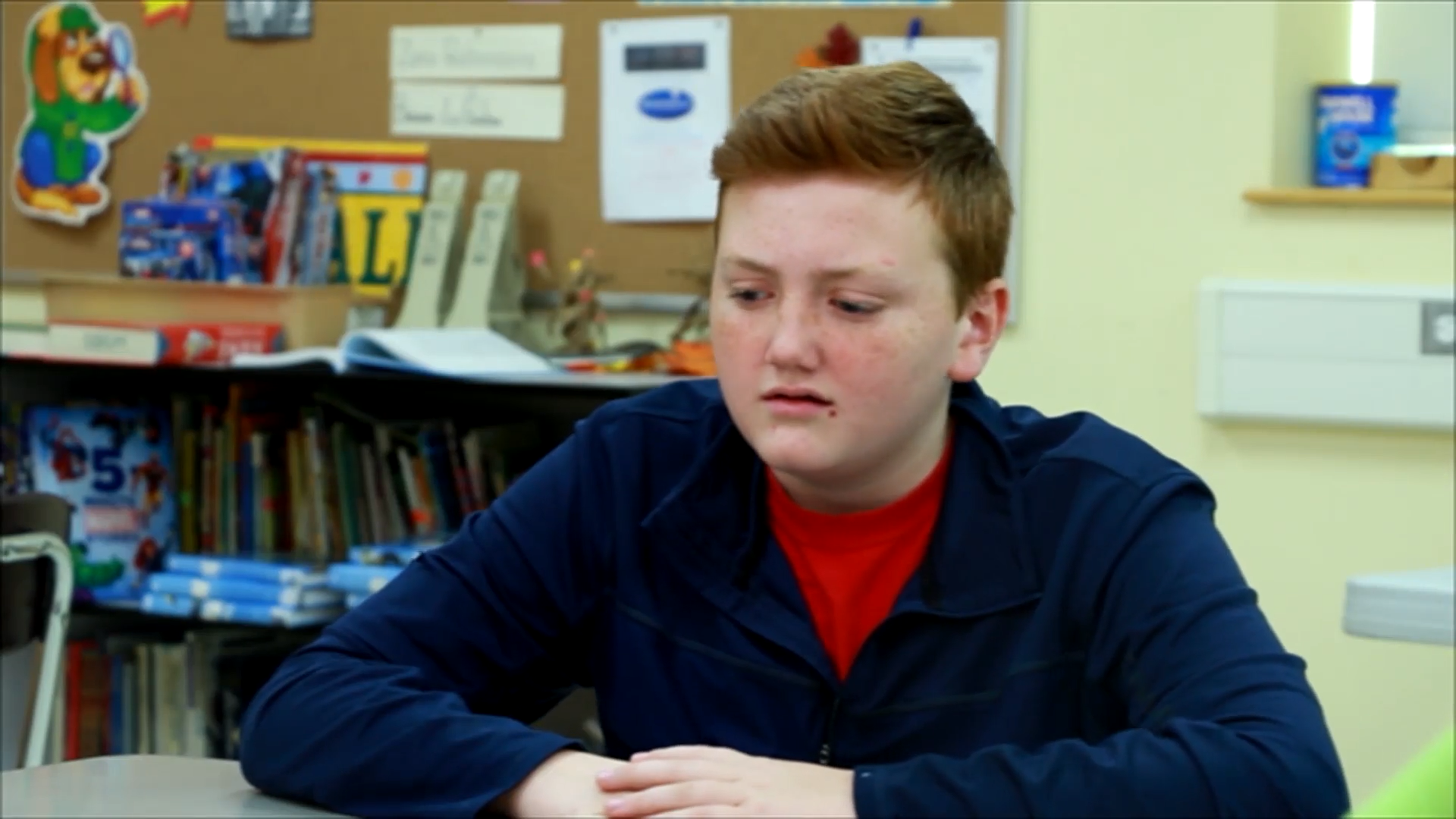Introduction
In special education, it is essential to develop skills that help kindergarten students adapt to various situations and interact with their peers. One such target skill is the ability to stay calm and follow the group when things don’t go as planned. This skill plays a significant role in promoting emotional regulation, social relationships, and overall wellbeing.
Understanding the Importance of Staying Calm and Following the Group
The target skill of staying calm and following the group is crucial for students’ learning, social interactions, and wellbeing. It enables them to manage their emotions during unexpected situations and adapt to group dynamics. This skill fosters resilience, cooperation, and a sense of belonging among students.
The Role of Specialists
Various specialists can support the development of the target skill:
- Speech-Language Pathologists can help students communicate their feelings effectively and teach them coping strategies for staying calm.
- Social Workers can provide guidance on appropriate social behaviors and help students build positive relationships with their peers.
- Psychologists can work on developing emotional regulation skills and teach students techniques for managing stress and anxiety.
- School Counselors can support students in developing problem-solving skills and assist them in navigating school-related challenges.
IEP Goals for Staying Calm and Following the Group
Here are some specific SMART IEP goals to enhance the target skill:
- Goal 1: The student will demonstrate the ability to stay calm and follow the group during unexpected situations in 8 out of 10 opportunities, as measured by teacher observation and documentation.
- Strategy: Teach deep breathing exercises and other coping techniques.
- Activity: Practice role-playing scenarios where things don’t go as planned.
- Goal 2: The student will participate in group activities and follow group decisions in 9 out of 10 instances, as measured by teacher observation and documentation.
- Strategy: Reinforce the importance of cooperation and teamwork.
- Activity: Engage the student in group games and collaborative projects.
Implementing and Measuring Progress
For successful implementation and progress measurement, consider the following tips:
- Collaborate with specialists to develop and implement strategies and activities.
- Regularly monitor and document student progress using checklists or observation notes.
- Provide consistent feedback and encouragement to the student.
- Adjust goals and strategies as needed to ensure continued progress.
Conclusion
Developing effective IEP goals for kindergarten students focused on staying calm and following the group is crucial for their emotional regulation, social interactions, and wellbeing. By working with specialists and using targeted strategies and activities, educators can support students in mastering this essential skill. We encourage you to apply these IEP goals and explore more resources at Everyday Speech Sample Materials.








